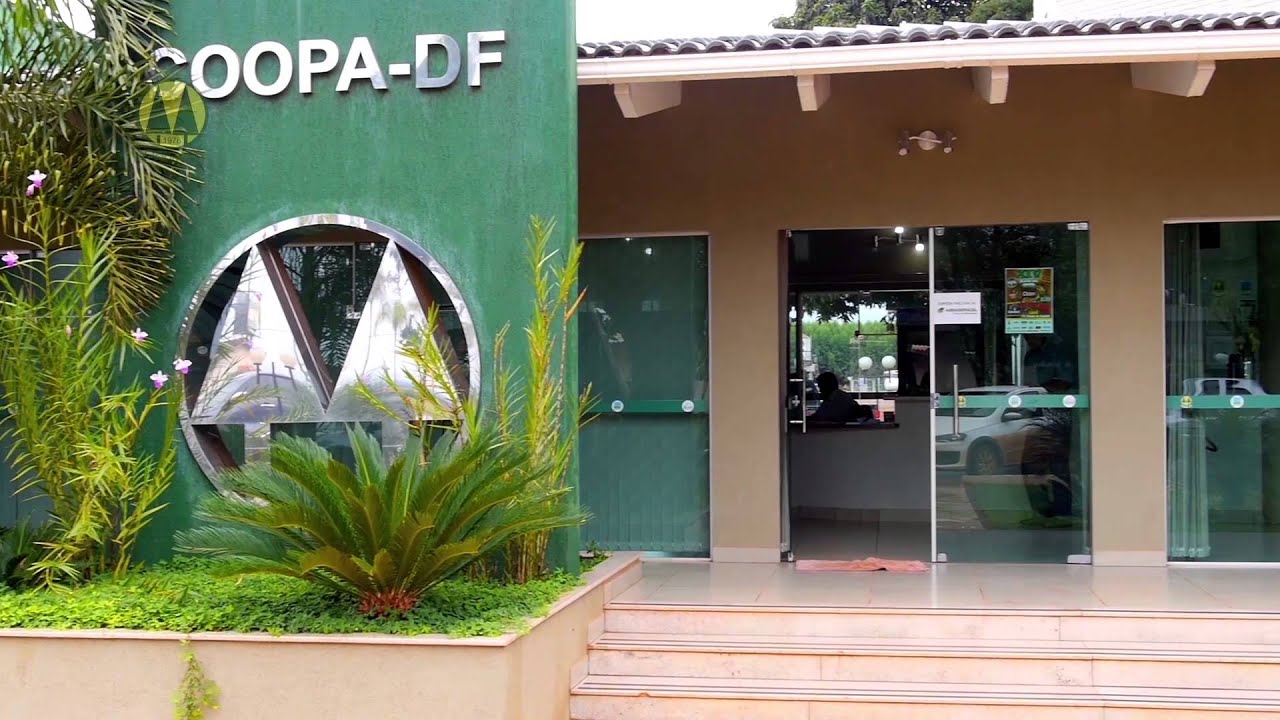The Brazilian cooperative movement wants to reach R$1 trillion (US$186 billion) in revenues and 30 million cooperative members by 2027.
The figure was released on Monday, October 24, during the “Economy and Cooperativism” live event held by the Cooperative Organization of Brazil (OCB).
According to the latest OCB survey, the turnover of Brazilian cooperatives in 2021 was R$524.8 billion. Currently, the segment has 18.8 million members.
The Minister of Economy, Paulo Guedes, attended the event and highlighted the importance of the growth of the cooperative movement for the country.

JOB CREATION
As for agribusiness, according to the 2022 cooperative yearbook, the segment added 1,170 cooperatives in 2021.
The sector generated 239,000 direct jobs and invoiced R$358 billion last year with more than 1 million members.
There are nine agro-related cooperatives in the Federal District; together, they have more than 1,000 members and nearly 250 employees.
FEDERAL DISTRICT
One of them is the agricultural cooperative of the Federal District region, Coopa-DF.
With approximately 200 members from the Federal District, Goiás, and Minas Gerais, the cooperative has become a reference in productivity and grain quality.
Last year, its turnover reached R$300 million.
“We have a vast consumer public. In Brasília, there are millions of people, consumers, who have coffee, lunch, and dinner every day, and we are producing what these people consume every day,” says the Coopa-DF president, José Guilherme Brenner.
According to the president, the estimate for this year is a 13% growth, approximately 340 million.
But, in his assessment, the greatest legacy of the cooperative movement is the social one.
“Coopa-DF has a constantly growing turnover; today, it is more than R$300 million. But, in fact, the cooperative works for the producer.
“It seeks to make this commercialization, the transfer to the producer, and it is a company that does not have much profit motive.
“Which doesn’t mean that it doesn’t have to be efficient, but the main purpose of the cooperative is to serve its members,” the president concluded.
With information from Canal Rural

